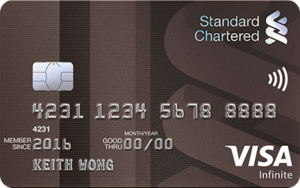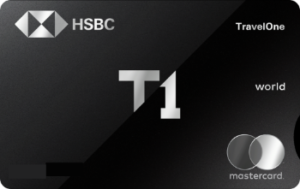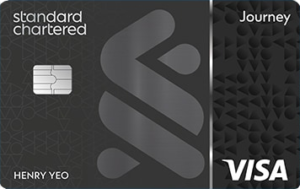So what did I tell you? Grab’s recent no-notice slashing of GrabRewards earning rates and hiking of redemption prices for elite members was just an innocent mistake after all.
Well, at least the latter was. Grab has backed down on its changes and decided to restore the old voucher redemption rates from 24 July at 8 a.m until 30 September. Here’s an excerpt from the Straits Times report:
On Monday, a spokesman for Grab said the firm acknowledged that customers “would appreciate time to adjust to the changes”. “Effective July 24 at 8am, until Sept 30, GrabRewards members can claim ride reward points at the previous rates. Customers who have purchased Grab ride rewards based on the new rates will have the difference in points refunded,” added the spokesman.
This means, for example, that Grab Platinum members will now be able to redeem $5 vouchers at the old rate of 1,900 points instead of the new rate of 2,200. Gold and Silver members will enjoy their old discounted rates as well.
The Straits Times article also quotes transport economist Walter Theseira, who unfortunately misses the point entirely about why people are upset about the devaluation (or gets hard done by the reporter cutting out the crucial bit):
Transport economist Walter Theseira said it is not unusual for customer rewards programmes to get devalued, pointing to the credit card and airline industries as examples. This is typically done to improve the bottom line of companies, he added.
Let’s set the record straight. (Most) people who got upset about the devaluation aren’t starry-eyed idealists who believe that a company should never devalue its rewards program. Devaluations happen. We know that. From time to time, companies realise they need to tweak the economics of their loyalty program to keep it sustainable. No one likes devaluations, but they’re part and parcel of the game we play.
What isn’t acceptable to consumers is no-notice devaluations, which is what Grab did. No-notice devaluations show contempt for customers who have built up rewards balances through continued loyalty. No-notice devaluations reflect the thinking of a company which places short term balance sheet dressing above long term investing in relationships. And above all, no-notice devaluations destroy trust between customers and a company.
It says a lot about the trust deficit that Grab now faces that when it launched a 50 cents off promotion on GrabPay transactions, the interweb freaked out and thought Grab was adding a 50 cents surcharge to credit card payments (they’re not). But then again, that’s what happens when you pull stunts like this.
The article mentions nothing about the GrabRewards earning rates reverting to their old amounts, which leads me to believe the new, reduced earn rates are here to stay.

I’m not thrilled to hear that, but I’m actually more ok with this than the rewards price hike. Why? Because changing the earning rates relates to future patronage, whereas hiking award redemptions relates to past patronage. If Grab decides to cut all earning rates going forward, that’s their prerogative and I can choose to not give them any future business. But if Grab decides to hike its redemption rates, they’re discounting my past business with the firm, business that I can’t take back and give to someone else.
So it’s good to hear that Grab has u-turned on its original decision, but this brief saga will have done its reputation no favors. Trust in Grab isn’t exactly at an all time high, and overnight devaluations have long-term consequences.
If you want an alternative to Grab, you might want to give Ryde a shot. I’ve written some thoughts on my Ryde experiences here and here.







Good job Aaron. You are a voice of reason and well respected critique in Singapore.
I wonder how will grab refund the people who bought on the new redemption rate. I hope it automated
I think we just fell into their trap. It was orchestrated to prove they had to respond to consumers, and cannot behave monopolistically.